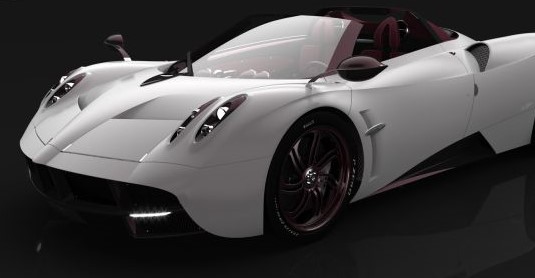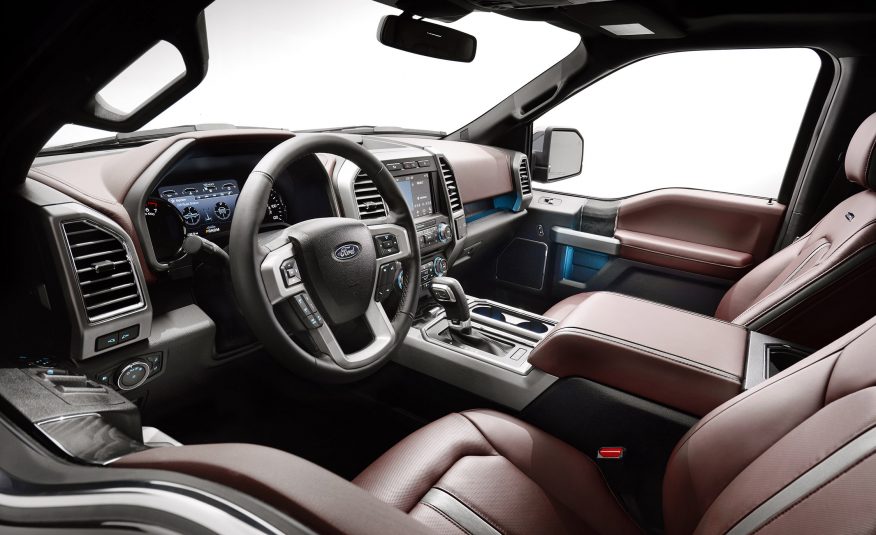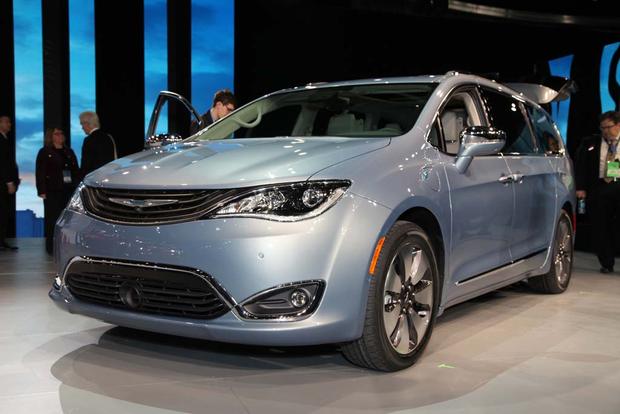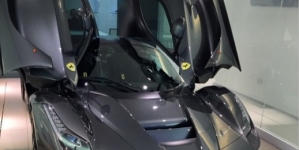-
2018 Buick Enclave “Avenir” will have ionic air purifier - April 12, 2017
-
Lease a Luxury Car for Less Than You Think - April 5, 2017
-
Shopping for a Car When Your Credit is Low - March 31, 2017
-
Aston Martin Closer to Unveiling Second-Generation Vantage - March 21, 2017
-
2017 Bentley Bentayga SUV: Offroad for $238,000 and Up - March 14, 2017
-
Pagani Huayra is Finally Here, Only $2.4M - March 9, 2017
-
Mercedes AMG E63 – For When Your Wagon Needs Drift - February 6, 2017
-
2018 Audi Q5 SUV: Enhanced Performance - January 30, 2017
-
2018 Toyota Camry Due in Late Summer - January 27, 2017
-
2018 Dodge Challenger SRT Demon Will Outstrip Hellcat - January 23, 2017
Coconuts May Replace Polyester in Cars
Researchers at Baylor University in Texas have found the next big breakthrough in automobile manufacturing. Usually, new automobile technology comes from racecars or is developed to meet government safety or fuel economy mandates. This time however, it fell out of a tree. The team at Baylor University has found that the fibers from the husk of a coconut can be used in cars.
The Baylor researchers have used coconut fibers to replace polyester in the trunk liners, floorboards and the interior of doors, according to LiveScience.
Coconuts grow in large numbers all over the world, from Miami to Malaysia, and are usually harvested for their milk. The husk, which surrounds the shell of a coconut, is almost always thrown away.
"We are trying to turn trash into cash to help poor coconut farmers," Walter Bradley, an engineering professor at Baylor who is leading the research, said.
Many coconut farmers live on just $500 a year. The team at Baylor is hoping that their breakthrough will help drive the price of coconuts up and in turn, increase the profits of farmers.
Initial tests have shown that composites made with coconut fiber are strong enough for use in industrial applications. Bradley says that coconut fiber composites are actually better than the synthetic or polyester fibers currently used in cars and trucks. Coconut husks do not burn well or give off toxic fumes, which means they are well suited for use in automobiles.
Replacing polyester with coconuts should catch on quick. Coconut fiber is socially and environmentally responsible, both of which are popular selling points in today’s market.
We’re keeping a lookout for the 2010 Pina Corolla.

Image via Bonappetit.



















